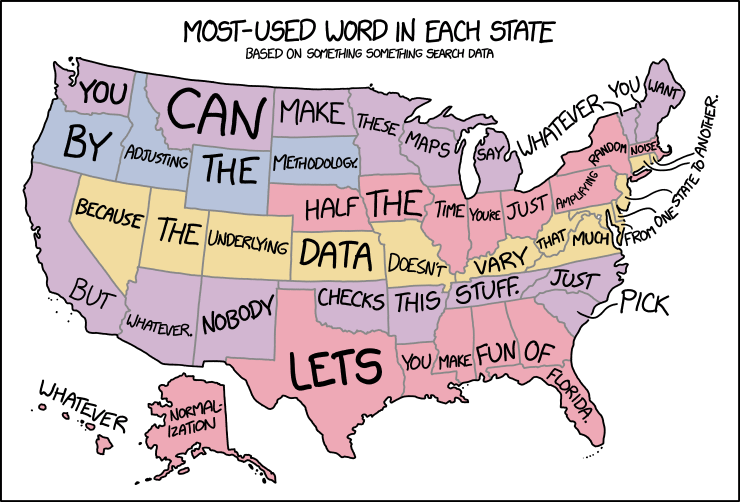This year's champion, Ananya Vinay, is a 12-year-old sixth-grader from Fresno, California. The runner-up, Rohan Rajeev, is a 14-year-old eighth-grader from Edmond, Oklahoma. One of the co-champions from last year, Nihar Janga of Austin, Texas, was 11 and the other, Jairam Hathwar, of Painted Post, N.Y., was 13.
Speaking of youthfulness, this year home-schooled Edith Fuller of Tulsa, Oklahoma was the youngest contestant ever to make it to the finals.
"At 5, Girl Becomes Youngest To Qualify For National Spelling Bee" (NPR, 3/8/17)
That was in March. By the time of the national spelling bee, she had turned 6. It's ironic that little Edith was knocked out on a technicality that was introduced to the national spelling bee for the first time this year.
Read the rest of this entry »

